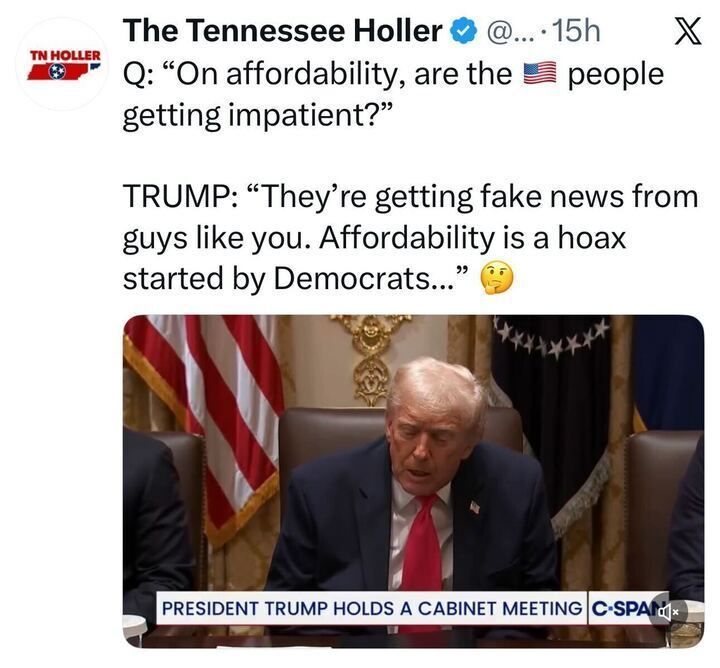
Fiercely independent! Not a dem and def not maga...🤮
Be kind but have tight boundaries. Let women make their own healthcare decisions. Trans rights are human rights.
Suicide awareness advocate.
Ally 🏳️🌈
But, the truth is that many children commit suicide every year because they are forced to live in a body and society that is betraying them.
www.thetrevorproject.org/resources/ar...

Montana children have one of the top suicide rates in the nation.
Our Native folks, and lgbtq+ are even higher.
We could make a difference but saving children's lives is apparently political.

He was deported to #Auschwitz from #Westerbork and registered in the camp. He perished on 17 September 1942.
---
The fate of Jews deported from the German-occupied Netherlands to Auschwitz: http://lekcja.auschwitz.org/32_en/

He was deported to #Auschwitz from #Westerbork and registered in the camp. He perished on 17 September 1942.
---
The fate of Jews deported from the German-occupied Netherlands to Auschwitz: http://lekcja.auschwitz.org/32_en/
Thursday: here's new floor plans for a golden ballroom expansion
Thursday: here's new floor plans for a golden ballroom expansion
And why not? When you have no scruples and know you have the numbers and are nakedly partisan, who gives a f*ck about jurisprudence?
And why not? When you have no scruples and know you have the numbers and are nakedly partisan, who gives a f*ck about jurisprudence?
We don’t have a Supreme Court, we have a MAGA field office.

We don’t have a Supreme Court, we have a MAGA field office.

#fucktarget
They are down for the year so I'm happy about that at least.

#fucktarget
They are down for the year so I'm happy about that at least.
I'd say it's a historic achievement🙈

I'd say it's a historic achievement🙈
www.kpax.com/news/crime-a...

www.kpax.com/news/crime-a...
More and more gun-toting dumbasses in this state!!!
www.kpax.com/news/crime-a...

More and more gun-toting dumbasses in this state!!!
www.kpax.com/news/crime-a...
On brand.
I need to talk more about suicide prevention awareness tho.

On brand.
I need to talk more about suicide prevention awareness tho.
I believe they call that the Fog of Snore. 💤

I believe they call that the Fog of Snore. 💤


Since trump has been president, nothing has been affordable except all the free hate and racism.

Since trump has been president, nothing has been affordable except all the free hate and racism.



